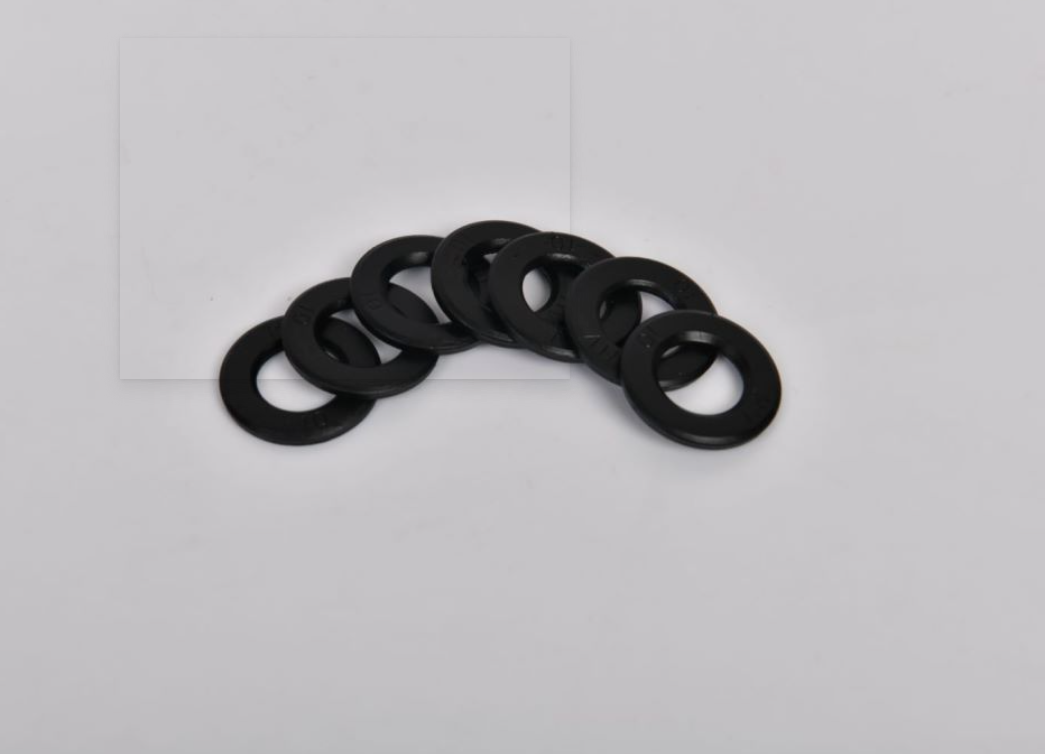fender vs flat washer manufacturers
Fender vs. Flat Washer Manufacturers Understanding the Differences and Applications
In the vast world of fasteners and hardware, washers play a crucial role in the reliability and functionality of various assemblies. Among the numerous types of washers available, fender washers and flat washers are two common varieties, each designed with specific functions and applications in mind. Understanding the differences between these two types of washers is essential for manufacturers and engineers when selecting the right fasteners for their projects.
What Are Fender Washers?
Fender washers are a specialized type of washer characterized by their large outer diameter compared to their inner diameter. This design provides a broader surface area that helps distribute the load of the fastener over a larger area, which can prevent damage to the material it is securing. Fender washers are commonly used in applications where the strength of the connection is critical, or where the material being fastened may be prone to deformation under pressure.
Fender washers are often made from a variety of materials, including stainless steel, steel, aluminum, and plastic, depending on the specific requirements of the application. Their larger surface area makes them particularly useful in applications involving thin materials, such as sheet metal, plastics, or plywood. They are prevalent in the automotive, construction, and manufacturing industries, where robust fastening solutions are required.
What Are Flat Washers?
Flat washers, as the name suggests, are flat, disc-shaped washers with a central hole that allows them to be placed over a bolt or screw. They serve several primary functions, including load distribution, reducing wear on the surface, and preventing the nut or bolt from damaging the material. Unlike fender washers, flat washers have a smaller outer diameter and are available in numerous sizes and thicknesses to accommodate various fasteners.
Flat washers are also versatile in terms of material composition. They can be crafted from steel, stainless steel, brass, plastic, and other materials, catering to different environments and load requirements. While flat washers might not provide the same level of load distribution as fender washers, they are often sufficient for most applications, making them a staple in many industries.
Comparing Fender and Flat Washer Manufacturers
fender vs flat washer manufacturers

When it comes to selecting washers for specific applications, understanding the capabilities and nuances of manufacturers is crucial
. Fender and flat washers manufacturers may differ in several aspects1. Material Availability Some manufacturers specialize in certain materials or grades of metal. When looking for fender or flat washers, it’s essential to ensure that the manufacturer can provide washers made from the necessary materials suited for your application's environment (e.g., corrosion resistance, temperature tolerance).
2. Size and Customization Not all washers are created equal. Manufacturers may offer varying sizes, thicknesses, and outside diameters. Some may provide customization options, allowing clients to specify dimensions or material properties unique to their needs.
3. Quality Standards In industries such as aerospace, automotive, and construction, adhering to stringent quality standards is necessary. Manufacturers should comply with specific certifications (e.g., ISO, ASME) to ensure their products meet required safety and performance standards.
4. Production Capacity Depending on the scale of your project, the production capacity of a washer manufacturer may impact your selection. Some manufacturers may cater to large-scale productions, while others may focus on small-batch or specialty orders.
5. Technical Expertise and Support Selecting the right washer for your project may require technical guidance. Manufacturers with strong engineering support can provide valuable advice on choosing the right type of washer based on load requirements, environmental factors, and overall project specifications.
Conclusion
Both fender and flat washers serve essential roles in fastening applications, and understanding their differences is key to making informed decisions. When sourcing these components, it’s vital to choose manufacturers that align with your quality requirements, material preferences, and customization needs. Whether working in the automotive sector, construction, or manufacturing, ensuring that you have the right washers can significantly influence the integrity and performance of your assemblies.
-
Top Choices for Plasterboard FixingNewsDec.26,2024
-
The Versatility of Specialty WashersNewsDec.26,2024
-
Secure Your ProjectsNewsDec.26,2024
-
Essential Screws for Chipboard Flooring ProjectsNewsDec.26,2024
-
Choosing the Right Drywall ScrewsNewsDec.26,2024
-
Black Phosphate Screws for Superior PerformanceNewsDec.26,2024
-
The Versatile Choice of Nylon Flat Washers for Your NeedsNewsDec.18,2024










